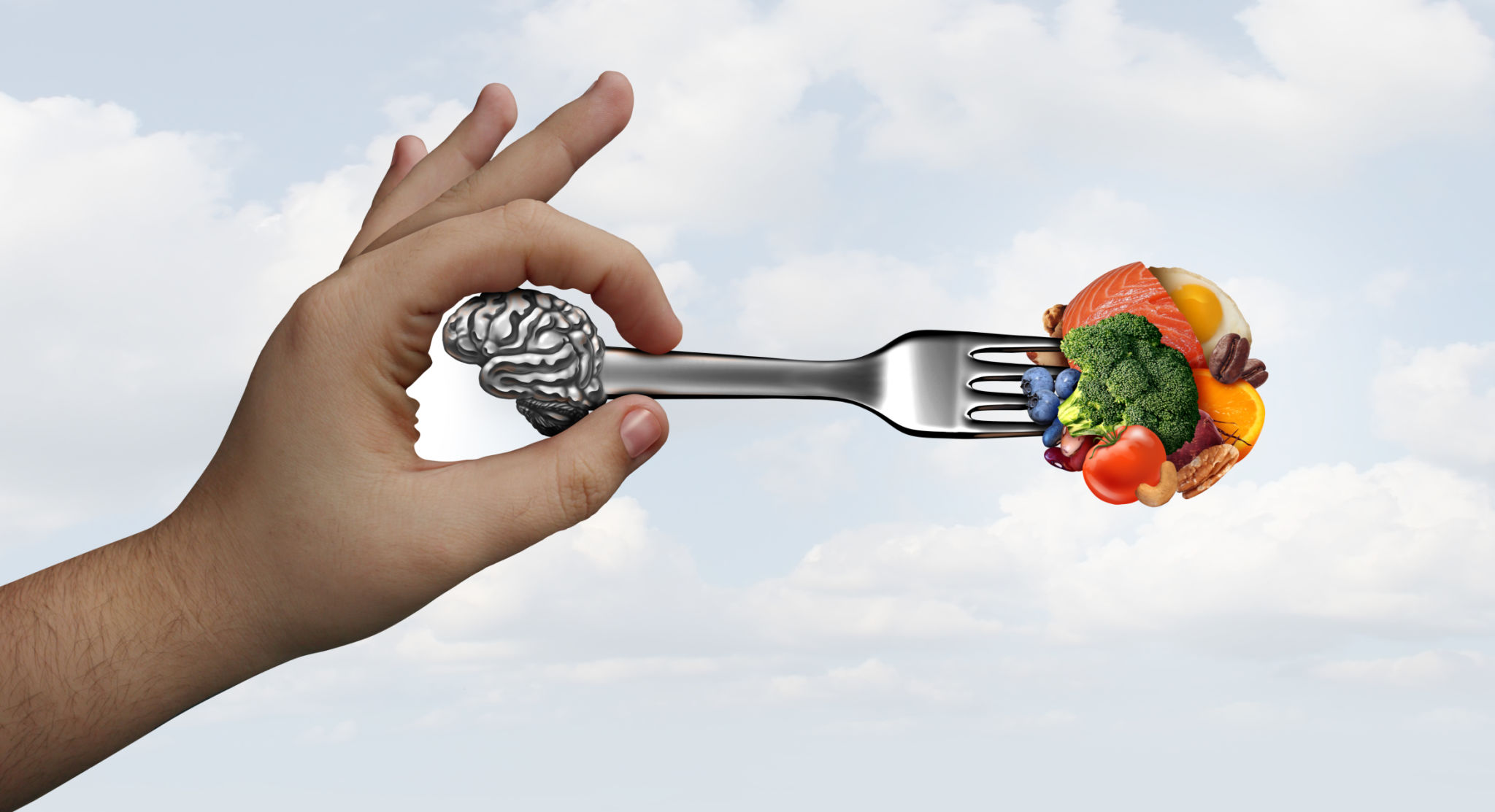The Impact of Diet on Brain Health: What You Need to Know
In recent years, researchers have increasingly focused on understanding the connection between diet and brain health. The foods we consume not only fuel our bodies but also play a critical role in maintaining optimal brain function. This relationship is crucial as it can influence memory, cognitive performance, and even reduce the risk of neurodegenerative diseases.

The Role of Nutrients in Brain Function
The brain requires a host of nutrients to function effectively. These include omega-3 fatty acids, antioxidants, vitamins, and minerals. Omega-3 fatty acids, found in fatty fish like salmon, are essential for maintaining the structural integrity of brain cells. Antioxidants, present in berries and dark chocolate, protect the brain from oxidative stress and inflammation.
Vitamins such as B6, B12, and folic acid contribute to the production of neurotransmitters, which are chemicals that transmit signals in the brain. Minerals like magnesium and zinc aid in nerve signaling and cognitive processes. Ensuring a balanced intake of these nutrients is vital for supporting brain health.
Foods That Boost Brain Power
Incorporating certain foods into your diet can significantly enhance brain function. Some of the best foods for brain health include:
- Blueberries: Rich in antioxidants, they help improve memory and cognitive function.
- Turmeric: Contains curcumin, which can cross the blood-brain barrier and has anti-inflammatory effects.
- Broccoli: High in antioxidants and vitamin K, it supports overall brain health.
- Nuts: Particularly walnuts, which are high in omega-3 fatty acids.

The Impact of Poor Diet on Cognitive Health
On the flip side, a diet high in processed foods, sugars, and unhealthy fats can have detrimental effects on brain health. Such a diet can lead to inflammation and oxidative stress, which are linked to a decline in cognitive abilities. Moreover, excessive sugar intake has been correlated with impaired memory and reduced brain volume.
Trans fats, often found in processed snacks and baked goods, have been associated with increased risk of Alzheimer’s disease. It’s essential to be mindful of these dietary choices and strive to limit their consumption to protect cognitive health.

A Balanced Diet for a Healthy Mind
Maintaining a balanced diet rich in whole foods is key to supporting brain health. A diet that combines fruits, vegetables, lean proteins, whole grains, and healthy fats ensures that the brain receives all the necessary nutrients it needs to thrive.
Additionally, staying hydrated is crucial as even mild dehydration can affect mood and cognitive function. Aim to drink plenty of water throughout the day and consider incorporating herbal teas or infused water if plain water feels mundane.
The Mind-Body Connection
It's important to recognize that diet is just one aspect of maintaining a healthy brain. Physical activity, mental exercises, and adequate sleep also play significant roles in cognitive well-being. Combining a nutritious diet with regular exercise can enhance blood flow to the brain and stimulate the growth of new neurons.
Mental exercises such as puzzles or learning a new skill can help keep the mind sharp. Additionally, ensuring sufficient quality sleep allows the brain to repair itself and consolidate memories.

In summary, adopting a diet rich in nutrients while avoiding processed foods can significantly impact brain health. By making informed dietary choices and considering overall lifestyle factors, we can promote better cognitive function and protect our brains as we age.